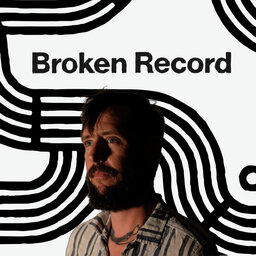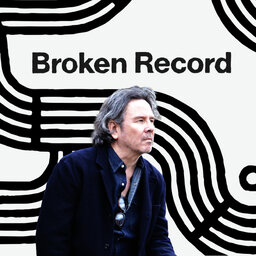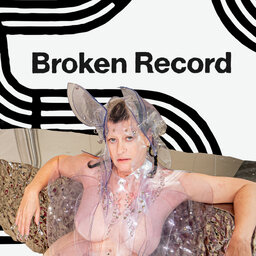Today, we’re sharing a fantastic episode from a podcast we love, Louder Than A Riot from NPR Music. Louder Than A Riot connects the stories of hip-hop's biggest artists to socio-political changes we’re going through right now. This season, Louder Than A Riot is tackling the connection between hip-hop and misogyny. Hosts Sidney Madden and Rodney Carmichael dig into the unwritten rules of rap that have marginalized Black women for decades, and highlight the rule breakers who refuse to play nice.
Today's episode tells the story of the first female MC, MC Sha-Rock. She’s a rapper from The Bronx and former member of the Funky 4 Plus One More who laid the foundations of rap as we know it. But even though she’s a pioneer, Sha’s name often gets left out of conversations around the history of hip-hop. Why is that? Because decades ago, Sha-Rock had to deal with the hurdles that so many women in rap still face today: Getting tokenized by her own peers and played by the industry.
You’re about to hear the story from the people who lived it: Interviews with Sha-Rock, along with rappers who she inspired like DMC and historical experts like author Clover Hope. This episode is a meditation on legacy: Who gets afforded a legacy in hip-hop? Who gets left out? And how can you reclaim a legacy stolen from you?
We hope you enjoy this episode as much as we did. You can listen to more episodes of Louder Than A Riot from NPR Music, wherever you listen to podcasts.
 Broken Record with Rick Rubin, Malcolm Gladwell, Bruce Headlam and Justin Richmond
Broken Record with Rick Rubin, Malcolm Gladwell, Bruce Headlam and Justin Richmond


